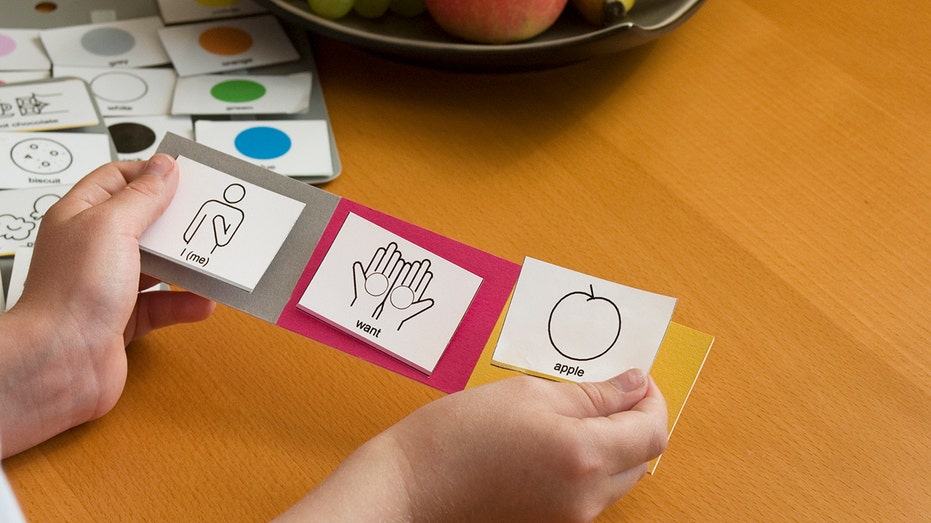Here's how much autism can cost American families
Along with the emotional toll that disabilities take on families, there is a tremendous financial strain, particularly in autism cases.
Throughout childhood, addressing the disorder costs an average of $60,000 a year -- mostly due to special services and lost wages from parents -- according to advocacy organization Autism Speaks. The costs can go up if the child also has an intellectual disability.
Over the course of a lifetime, the expenses add up to $1.4 million and $2.4 million for just one person, Autism Speaks says.
Last month, President Trump signed a bill into law that could help curb some of those costs by giving government funding to help people with autism and their families over the next five years.
“Today, I was proud to sign the Autism CARES bill,” Trump tweeted on Sept. 30. “You are not forgotten, we are fighting for you.”
The Autism Collaboration, Accountability, Research, Education and Support Act of 2019 (Autism CARES Act) allocated $1.8 billion to autism programs within several government organizations including the National Institutes of Health and the Centers for Disease Control and Prevention, according to a press release from Rep. Chris Smith, R-N.J.
That's just a fraction of the cost of caring for Americans with the disorder, however. The tab reached $268 billion in 2015, according to Autism Speaks, and may climb to $461 billion by 2025.

An autistic child learns to communicate using visual symbols.
The majority of those costs are for adult services, ranging from $175 billion to $196 billion every year. Meanwhile, services for children run as much as $66 billion annually.
CLICK HERE TO READ MORE ON FOX BUSINESS
The new Autism CARES Act is expected to help improve programs for adults with autism, according to Smith.
“The problem of ‘aging out’ of services is a real hurdle every parent or caretaker of a child with autism inevitably faces,” Smith said in a statement.
GET FOX BUSINESS ON THE GO BY CLICKING HERE
“All children grow up and become adults, and children with autism then lose their education services," Smith added. "But autism is a lifetime neurological disorder."




















